We’ve all heard about ‘helicopter parents’ – those highly-strung, control-freak mums and dads who hover above their offspring lest they scrape a knee or, heaven forbid, fall out of a tree. At the polar-opposite end of the parenting spectrum are proponents of a ‘free-range’ childhood – people who let their offspring run wild and (hopefully) learn from their mistakes.
But does free-range parenting equal feral children? And does hovering really hurt more than any scraped knee or broken wrist? Here’s what you need to know to grow a well-balanced child – and make sure no-one can accuse you of being a helicopter parent.
Weigh the risks before being overprotective
“It’s easy to start to worry about risks when kids create their own play,” says Dr Stuart Brown, author of Play: How It Shapes The Brain, Opens The Imagination and Invigorates The Soul (Scribe, 2010).
“But part of being a parent is learning to accept the limitations of our ability to make our kids safe, successful and happy. All parents need to foster that internally driven, self-directed play that will allow children to become secure and self-confident on their own. There are risks to this sort of play, and the risks should be monitored and minimised. But trying to suppress free play or rigidly control kids’ activities poses, in my long-term experience, a far greater risk to their future health, success and happiness.”
Doing too much for your child = disaster!
Hovering too closely, doing too much, expecting to fight all of your kid’s battles – it’s a recipe for disaster, warn the experts. Andrew Fuller, author of Tricky Kids: Transforming Conflict and Freeing Their Potential (Finch Publishing, 2010), says all parents should bear the following in mind:
- Remember: one day your child may need to cope without you.
- Children learn competence and confidence by tackling some things on their own.
- There are some situations in which your child can cope without your help.
- Help is not always helpful. Sometimes it robs children of the opportunity to work out their own way of doing things.
- The toughest trees grow in the windiest conditions. Making everything easy for your child won’t help him cope with hardship.
- Rarely or never do anything for a child that he can do for himself. It’s easy to keep feeding him with a spoon or dressing him, but the parents who encourage their child to do these tasks on his own are genuinely doing the best for their child. Think of how he’ll grow up.
Long term effects of helicopter parenting are not good
The first study to define what helicopter parenting is, and the long-term effects it could have, has found hovered-over children grow up to be dependent, neurotic and less open than children who are left more to their own devices.
Researchers at Keene State College in New Hampshire in the US, found college-aged students who grew up with overprotective ‘helicopter’ parents tended to be less open to new ideas and actions, as well as more vulnerable, anxious and self-consciousness, compared with kids who had more distant parents.
Do less, reap the rewards of resilience
Studies of children born between 1982 and 1999 are showing the disadvantage of overprotective parents who may have unwittingly turned their children into quitters. One of the first empirical studies on generational differences in work values led by Jean Twenge at San Diego State University, shows this generation wants good pay and the status of a prestigious job without putting in long hours.
Twenge theorises that overprotected children who grow to maturity but don’t get the marks they expect at university or rise quickly enough through the workforce turn into quitters.
”More and more students are reaching university not knowing how to do things for themselves. Parents think they are helping young people by doing things for them but they are actually making them less independent,” Professor Twenge said.
This story was written by Karen Fontaine for Kidspot, New Zealand’s leading parenting resource.

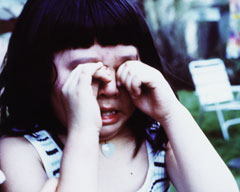
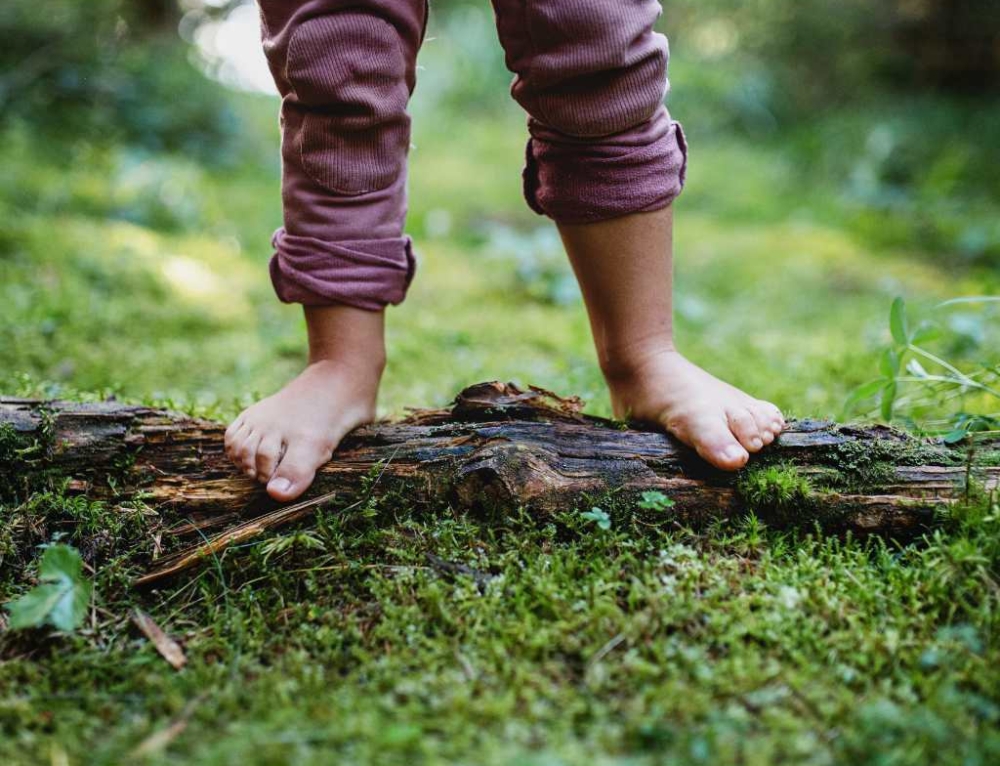
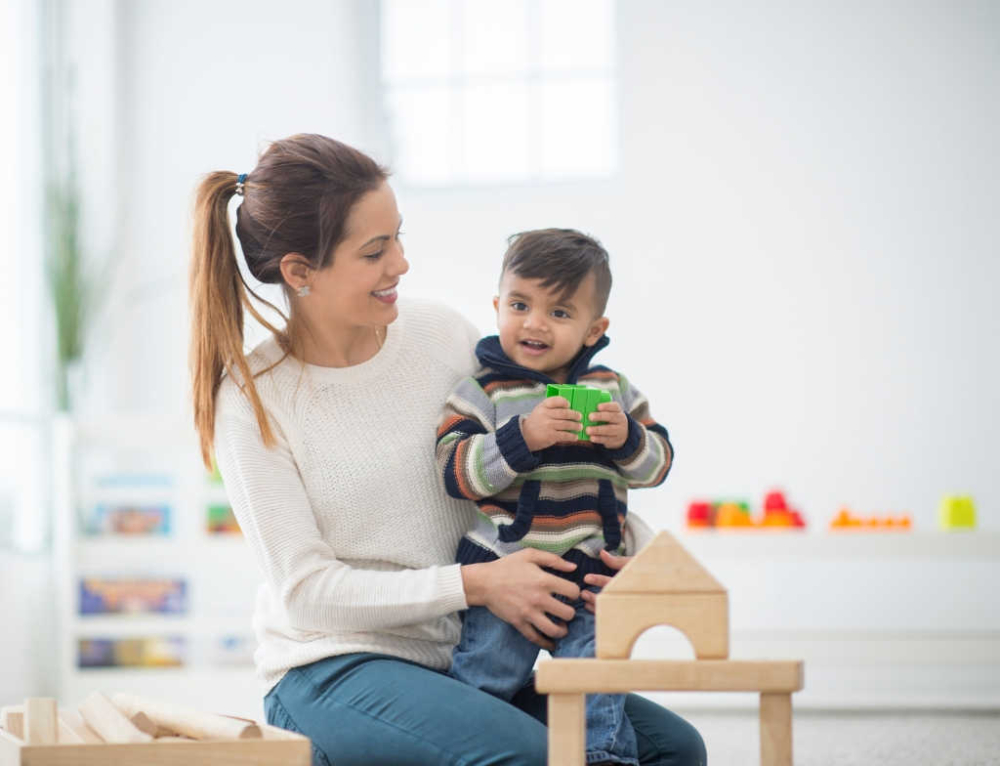

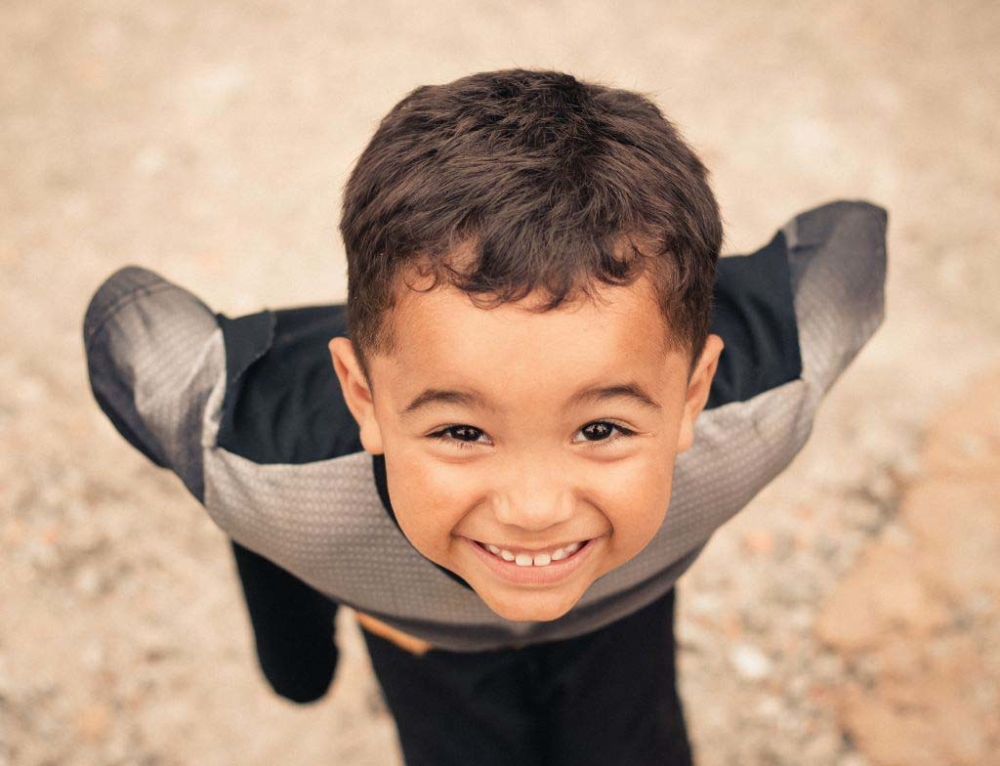
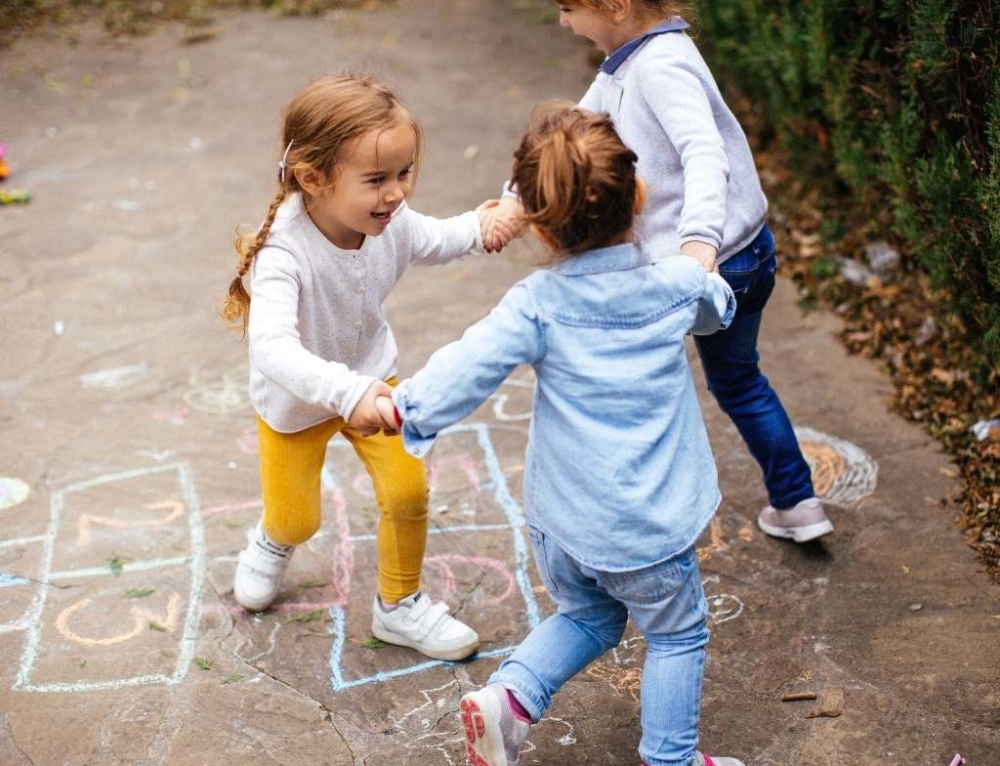
Leave A Comment
You must be logged in to post a comment.